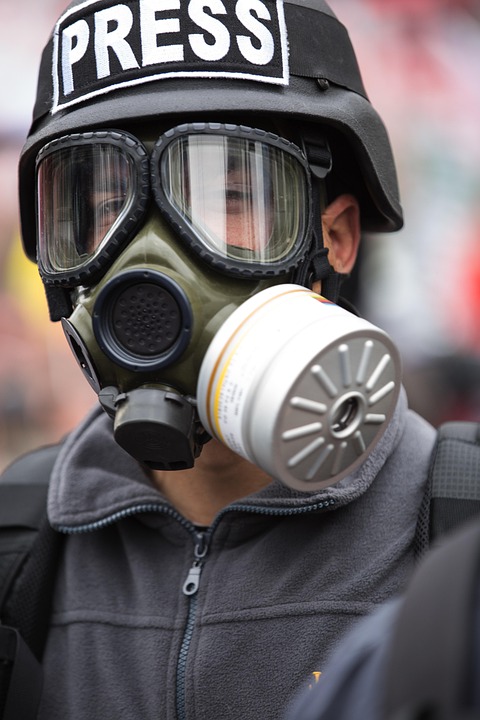In the dynamic world of journalism, the ability to conduct compelling interviews is paramount. For aspiring reporters, mastering this art can open doors to revealing stories and captivating narratives. Here’s a guide to help you navigate the intricacies of engaging conversations that resonate.
1. Preparation: Know Your Subject
The groundwork for a successful interview often lies in meticulous preparation. Familiarise yourself with the interviewee’s background, their work, and current events related to them. This not only demonstrates respect but also paves the way for more informed questions. Delve into:
- Background Research: Understand the interviewee’s career, achievements, and any pertinent controversies. Knowledge is power.
- Current Context: Be aware of any recent news involving the individual. This can lead to timely and relevant questions.
- Crafting Questions: Prepare a blend of open-ended and specific questions. Open-ended prompts encourage expansive answers, while specific queries can elicit detailed insights.
2. Building Rapport: The Human Connection
Creating a comfortable atmosphere is essential in eliciting genuine responses. People are more likely to share their thoughts when they feel at ease. Consider these tactics:
- Warm Introduction: Start with a friendly greeting and perhaps a light-hearted comment. This helps break the ice.
- Active Listening: Show genuine interest in their responses. Nodding or making affirming sounds can encourage the interviewee to continue.
- Empathy: Recognise their emotions and experiences. Acknowledging their feelings can deepen the conversation.
3. The Art of Questioning: Timing and Technique
Once the conversation is underway, the manner in which you pose your questions can significantly influence the flow of dialogue. Embrace the following techniques:
- Follow-Up Questions: Don’t hesitate to delve deeper into their responses. If they mention a particularly compelling story, ask them to elaborate.
- Pause for Effect: Silence can be a powerful tool. Giving your interviewee a moment to think can lead to richer, more thoughtful answers.
- Adaptability: Be prepared to veer off your script if the conversation takes an intriguing turn. Sometimes the best insights come from unexpected paths.
4. Navigating Challenges: Handling Difficult Topics
Not every interview will be smooth sailing. When broaching sensitive subjects, a measured approach is key. Keep these strategies in mind:
- Gentle Probing: When discussing challenging issues, frame your questions carefully. A soft touch can make a significant difference.
- Respect Boundaries: If your interviewee seems uncomfortable, be prepared to pivot away from the topic. Their comfort should always be a priority.
- Reflection: If the conversation turns intense, acknowledge their feelings and give them space to express themselves. This builds trust.
Weaving It All Together: Crafting the Narrative
After the interview concludes, the real work begins. Reflect on the conversation and how to weave it into a compelling narrative. Consider the following:
- Story Arcs: Find the central theme or story arc that emerged during the discussion. This will guide your writing.
- Quote Selection: Choose impactful quotes that encapsulate the essence of the interview. These can serve as powerful anchors in your piece.
- Editing for Clarity: As you draft, ensure that the voice of your interviewee shines through. Authenticity is key in journalism.
In the ever-evolving landscape of journalism, honing your interview skills is vital for success. Engaging conversations not only enrich your stories but also enhance your credibility as a reporter. As you embark on this journey, remember that practice makes perfect, and every interview is an opportunity for growth.
At CVPortal, we’re committed to equipping you with high-quality resources and examples for your CV needs, ensuring you’re always prepared for your next big opportunity in the world of journalism.


